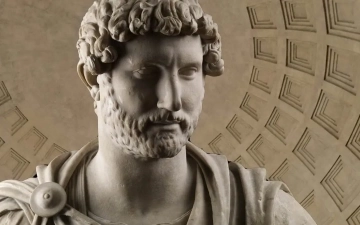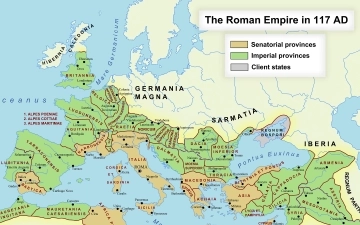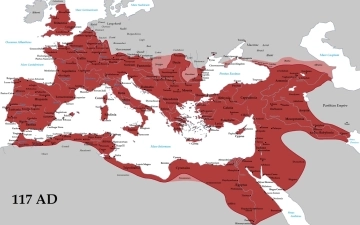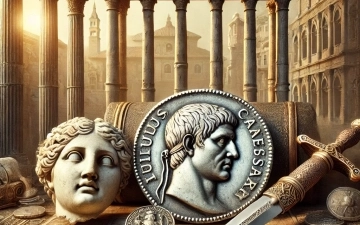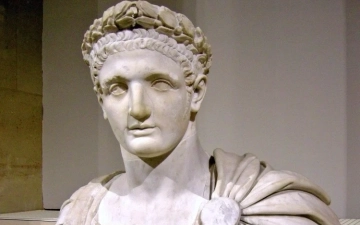Didius Julianus: The Emperor Who Bought the Roman Empire
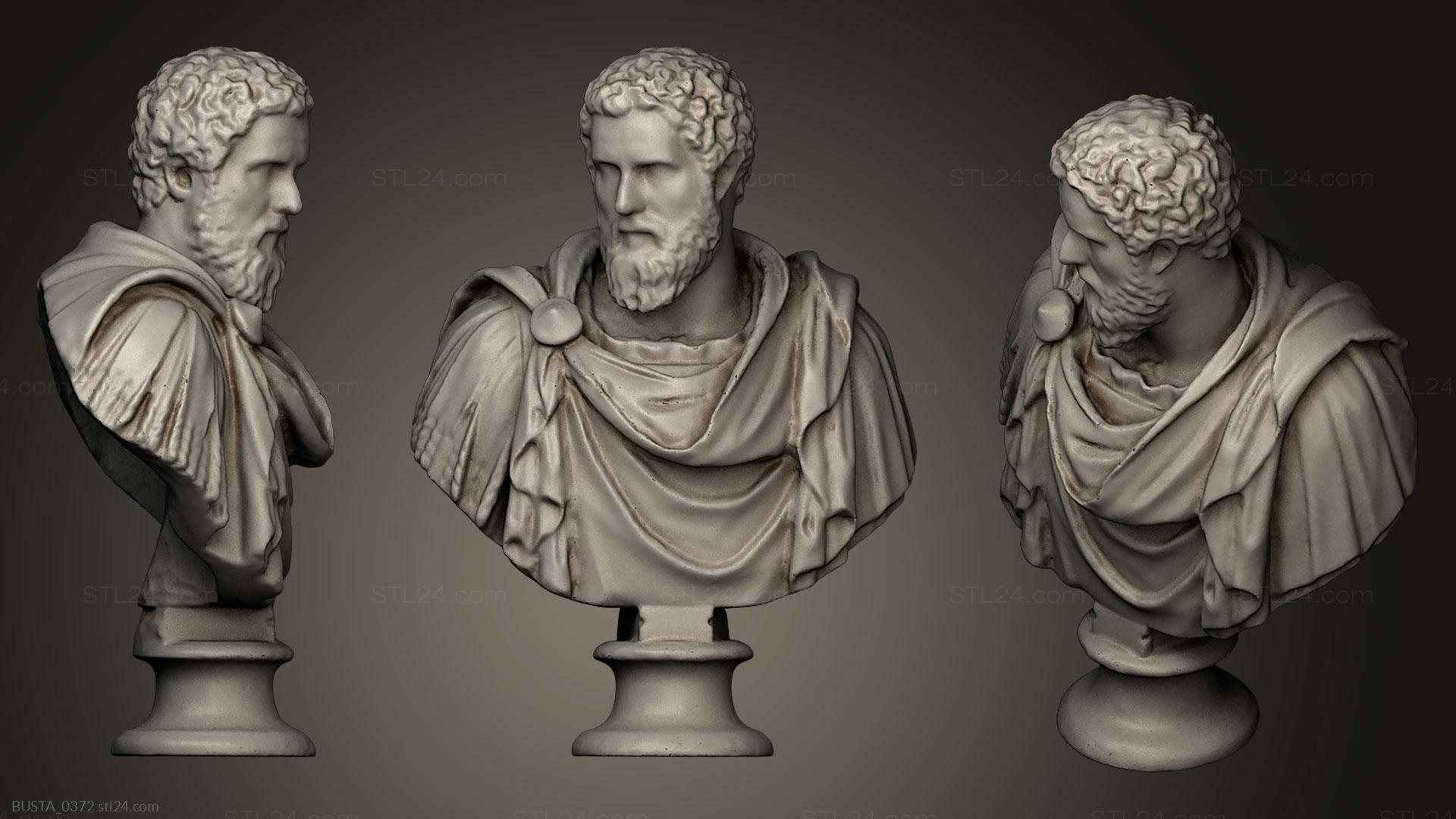
The year 193 AD was a tumultuous one for Rome. The assassination of the capable Pertinax plunged the empire into a crisis of leadership. The Praetorian Guard, the elite imperial bodyguards, found themselves without a master and, true to their corrupt nature, decided to auction off the imperial throne. In this extraordinary act, the once-mighty Roman Empire was reduced to a mere commodity.
The highest bidder in this shameful transaction was Marcus Didius Severus Julianus, a wealthy and influential senator. His path to power was as unconventional as it was scandalous. Julianus was a man of considerable wealth, but he lacked the military experience or political acumen that would typically be associated with an emperor. Yet, with a purse overflowing with gold, he was able to outbid his rivals for the coveted position.
The Praetorian Guard, ever focused on their own interests, readily accepted Julianus’ bid. The Senate, shocked and appalled by this blatant disregard for tradition and merit, was powerless to intervene. The once-proud institution had become a mere rubber stamp for the whims of a corrupt military force.
Julianus’ reign was as brief as it was disastrous. His legitimacy was questionable from the outset. He was seen as a puppet of the Praetorian Guard, a mere usurper of the imperial throne. The provinces, accustomed to strong, military leaders, were outraged by the selection of a civilian bureaucrat.
Moreover, Julianus proved to be utterly incapable of governing the vast Roman Empire. Lacking the necessary skills and authority, he was unable to quell the growing unrest within the empire. Meanwhile, ambitious generals in the provinces, such as Septimius Severus in Pannonia, saw an opportunity to seize power.
The final blow to Julianus’ short-lived reign came when Septimius Severus marched on Rome with his legions. The Praetorian Guard, realizing the futility of their support for the unpopular emperor, abandoned Julianus. The Senate, eager to distance itself from the disgraced ruler, condemned him to death.
In the end, Didius Julianus’ reign is a stark reminder of the decline of Roman values. The once-noble office of emperor had been reduced to a mere auction prize, a symbol of the empire’s moral and political decay. His brief tenure serves as a cautionary tale about the dangers of placing power in the wrong hands.
The reign of Didius Julianus marked a turning point in Roman history. It ushered in a period of civil war and instability, known as the Year of the Five Emperors. Out of this chaos, Septimius Severus would eventually emerge victorious, ushering in a new dynasty and a period of relative stability.
Related Posts
Hadrian: Building Walls and Bridges in Ancient Rome
In the annals of Roman history, Emperor Hadrian stands out as a multifaceted ruler known for his significant architectural projects, military achievements, and contributions to the empire's cultural development. His reign, from 117 to 138 CE, was marked by a commitment to both defending and connecting the vast Roman territories....
Read MoreThe Colossal Footprint: Exploring the Roman Empire at its Greatest Extent
The Roman Empire, a name that evokes images of gladiatorial combat, sprawling aqueducts, and stoic emperors, wasn't just a powerful state; it was a colossal empire that stretched across continents. But how vast was its reach at its zenith? This post delves into the greatest extent of the Roman Empire,...
Read MoreA Journey Through Time: Mapping Ancient Rome and Jerusalem
For centuries, Rome and Jerusalem have captivated historians and travelers alike. These two powerful cities, though geographically distant, were intertwined throughout much of their ancient history. But how close were they? Let's explore maps depicting these ancient cities and their respective empires. The Mediterranean World: A Roman Sea During the height of...
Read MoreUnearthing History: Julius Caesar’s Artifacts and Their Significance
Julius Caesar, one of the most renowned figures of Roman history, left an indelible mark on the ancient world. His military conquests, political reforms, and dramatic death have made him a central figure in historical and archaeological studies. Although Caesar lived over two millennia ago, numerous artifacts associated with his...
Read MoreGeta: The Tragic Co-Emperor Whose Life Was Cut Short by Fraternal Rivalry
Geta, the younger son of Septimius Severus, is a figure largely overshadowed by his more domineering brother, Caracalla. Often relegated to the role of the quiet, less ambitious sibling, Geta’s life was tragically cut short by a family feud that shook the Roman Empire to its core. Unlike his brother, Geta...
Read MoreDomitian: The Last of the Flavian Emperors and His Reign of Terror
In the annals of Roman history, the reign of Domitian, the youngest son of Vespasian and the last of the Flavian emperors, is often remembered as a time of tyranny, repression, and political intrigue. Domitian's rule, which lasted from 81 to 96 CE, stands in stark contrast to the relative...
Read More

















